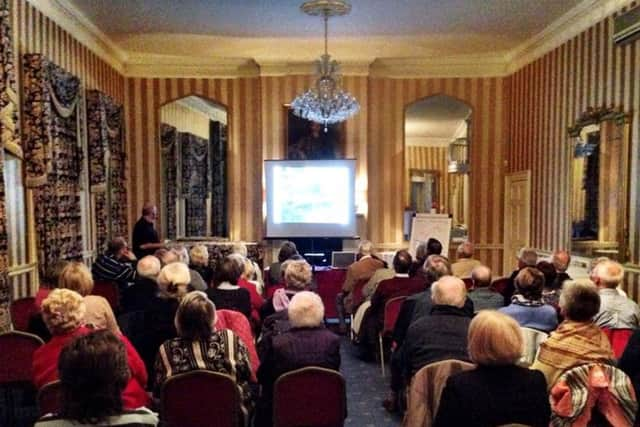Fascinating first-hand memories of Germany during Second World War
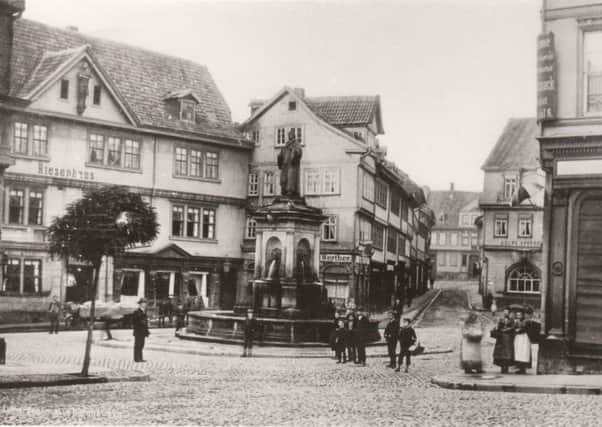

This free informal talk at the Norfolk Arms started with a subject matter that was as far from Arundel history as one could imagine.
My wife of 22 years, Susanne, and I had some of our German relatives staying with us which included Susanne’s mother, Kate.
Advertisement
Hide AdAdvertisement
Hide AdThe evening before, Kate had agreed to come along to the meeting and talk about her childhood memories which consisted of growing up in Nazi Germany.
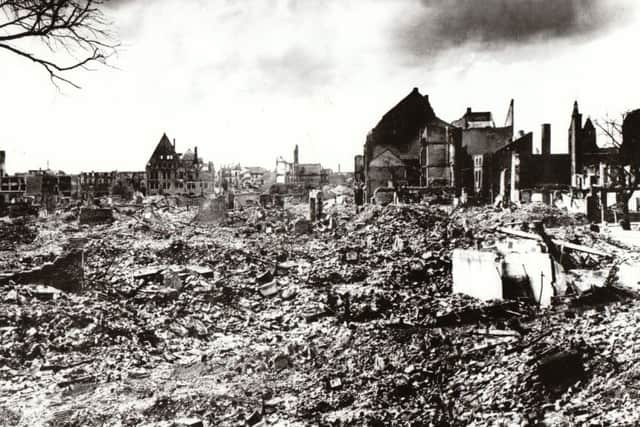

Through an interpreter, those present at the gathering heard that when the war broke out Kate was 11 years old and living in East Germany in a small city of 40,000 people called Nordhausen.
The Nazi’s built a slave labour camp a few miles away and the inmates worked in a huge factory built in caves under the mountains, manufacturing Hitler’s revenge weapons, the V1 and V2, that were later launched against England, mainly against London.
Kate, who was 16 at the end of the war, told the fascinated audience of more than 40 what it was like growing up in the city during the war.
Advertisement
Hide AdAdvertisement
Hide AdHer father, who was a signalman at the city station, was not a member of the Nazi party and as such, the family were poorly treated.
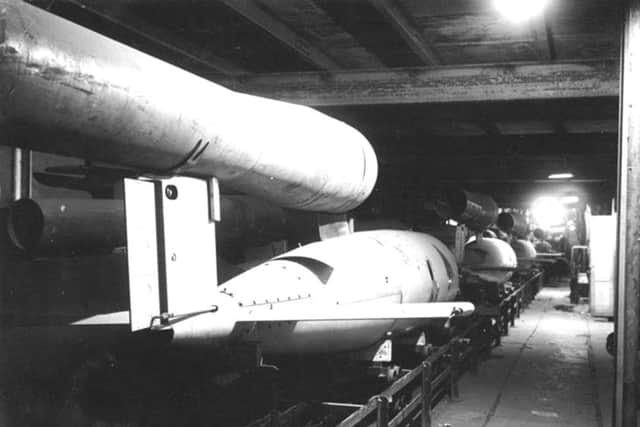

Their friends were others who were not in the party as this was the only way they felt safe.
Any criticism of the war, the Nazi party or Hitler, could result in a firing squad for the whole family.
In early April 1945, just a few weeks before the end of the war, the city was raided by 250 Lancaster bombers two days in a row and what was an historic city was reduced to rubble.
Advertisement
Hide AdAdvertisement
Hide AdThese were missions planned and carried out by the infamous ‘Bomber’ Harris who was severely criticised for a similar raid in which the city of Dresden was completely devastated.
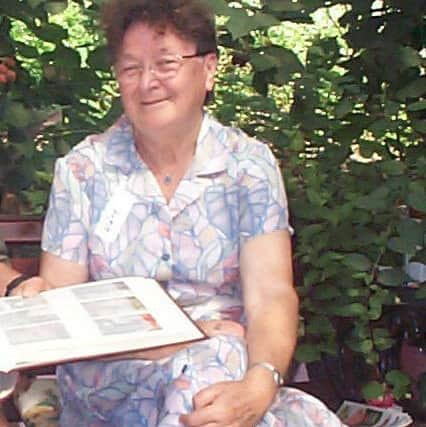

Missions such as these in the last months of the war were later judged by many as revenge raids rather than strategic.
Members of the audience asked Kate questions about her experiences – for instance, how did they obtain food? The family were friends with a non-Nazi who worked on a farm in a nearby village.
She told how the city had no water, gas or electricity (and therefore no radio) and the residents had no idea of how the war was progressing but were convinced Germany would lose.
Advertisement
Hide AdAdvertisement
Hide AdIndeed, the first they knew that the war was over was when American troops drove into the flattened city and went to the forest where hundreds of families were living for safety.
